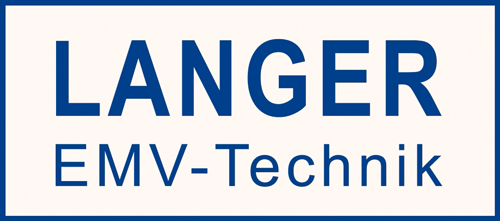Unfortunately this page does not exist.
The page you were looking for appears to have been moved, deleted or does not exist.
You could go back to
where you were
or head to our
home page.


